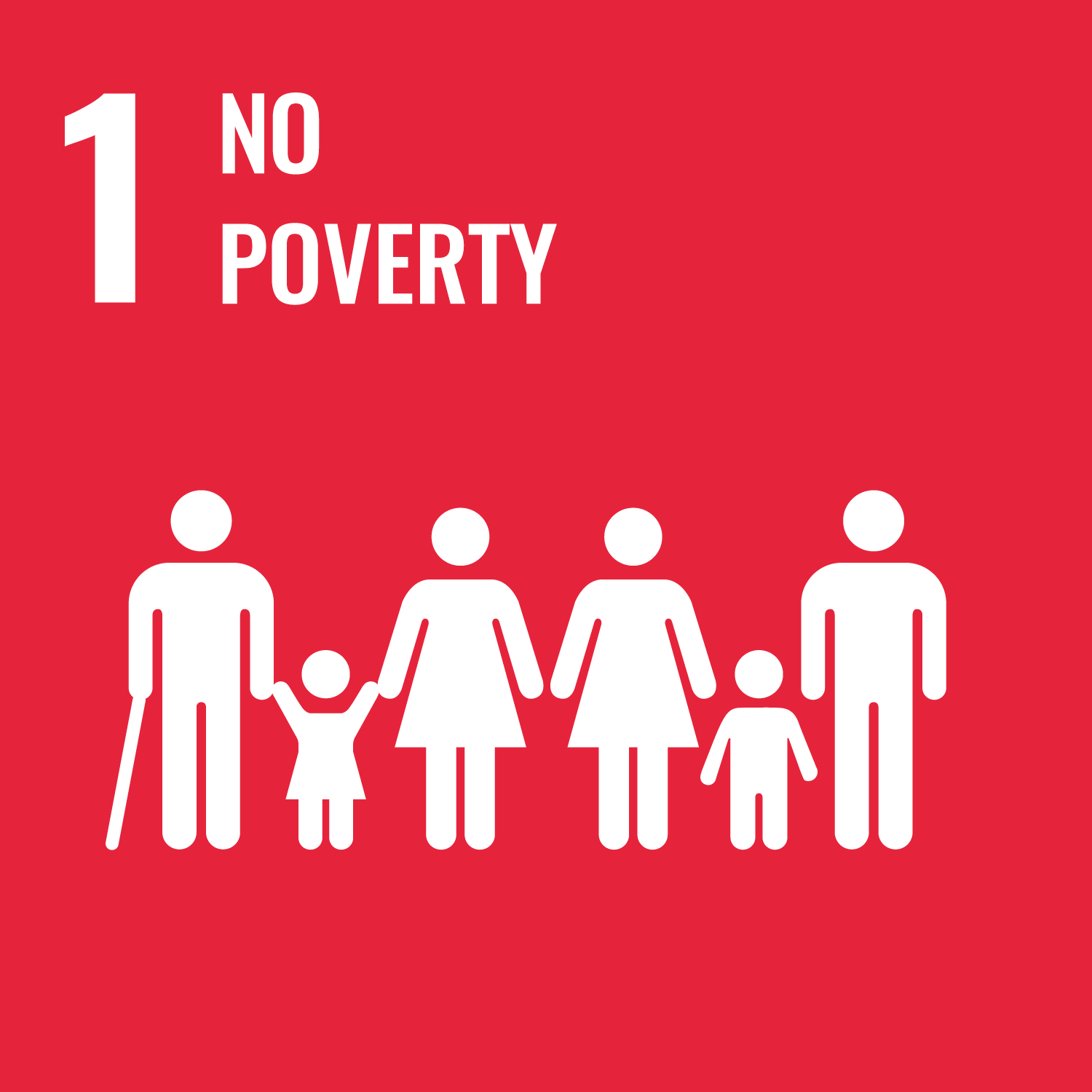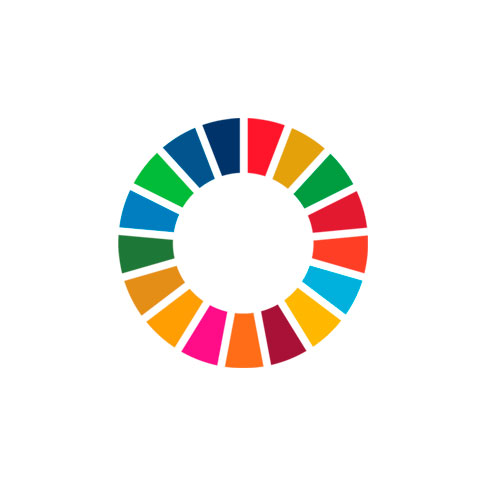How does the University of León contribute to the achievement of this objective?
- 6.2. Water consumption per person
- 6.2.1. Water consumption at the University of LeónIn the year 2022 the water consumption of the entire university of León was 66.941 m3.
- 6.3. Water usage and care
- 6.3.2. Sanitation measures to clean water
Technical Specifications for Contracting Vector Control Services (Insect Control, Disinfection, Rodent Control, and Legionellosis Prevention) in the Buildings of the University of León - 6.3.3. Provide free drinking wáter for students, staff and visitors
Institutional Statement of the University of León for the Obtaining of the ‘Blue Campus’ Seal
UNILEON becomes the first Spanish university to obtain the ‘Blue Campus’ seal. - 6.3.4. At the University of León, the mandatory standards set out in the Basic Document DB HS of the Technical Building Code (CTE) are applied.
- 6.3.5. Initiatives to minimise water use are being taken at the University of León by planting
University students plant native flora on campus
1st Flora España Biomarathon to celebrate International Fascination of Plants Day
- 6.3.2. Sanitation measures to clean water
- 6.5. Water in the community
- 6.5.1. Educational opportunities are provided for local communities to learn about good water management.
From the Green Office: Developing sustainable activities at ULE. Be eco-friendly. - 6.5.3 We support wáter conservation off campus.
Advice from the Green Office: https://servicios.unileon.es/oficina-verde/agua/
The University of León forms part of the Blue Communities
Signing of a collaboration agreement between the ULE and the Torío River Basin Association.
We are Water Project II - 6.5.5. There is cooperation with local, regional, national or global governments on water security.
Red Global de Universidades Azules
The ULE becomes the first Spanish university to obtain the ‘Blue Campus’ label
Social Pact of Aguas de León - 6.5.6. We actively promote conscious water usage on campus
Advice from the Green Office
Social Pact of Aguas de León
- 6.5.1. Educational opportunities are provided for local communities to learn about good water management.
Related News
- https://omanayluna.com/somos-agua-2-2-2
- https://www.unileon.es/noticias/firmado-un-acuerdo-de-colaboracion-entre-la-ule-y-la-asociacion-cuenca-del-rio-torio
- https://www.unileon.es/noticias/la-escuela-de-ingenieria-agraria-de-la-ule-celebro-unas-jornadas-formativas-sobre-sativum
- https://www.diariodeleon.es/articulo/provincia/regantes-torio-recurriran-big-data-contadores-virtuales-gestionar-agua/202304140334202324475.html
- https://www.iagua.es/noticias/depuracion/13/12/17/la-universidad-de-leon-y-acciona-agua-desarrollan-una-planta-piloto-para-la-co-digestion-de-lodos-d
- https://buleria.unileon.es/bitstream/handle/10612/5385/tesis_4f397b.PDF?sequence=1&isAllowed=y
- https://ralbar.unileon.es/project/proyecto-de-digitalizacion-de-regadios-tradicionales-en-la-cuenca-del-torio/
- https://www.unileon.es/noticias/la-ule-se-convierte-en-la-primera-universidad-espanola-en-obtener-el-sello-blue-campus
- https://www.unileon.es/noticias/los-caminos-del-agua-se-ha-convertido-en-un-reclamo-turistico-para-alcuetas
- https://www.unileon.es/noticias-de-investigacion/los-bichos-se-comen-los-residuos-del-agua-mientras-se-genera-energia-investigacion-en-la-ule
- https://www.unileon.es/noticias/un-proyecto-de-las-becas-ralbar-estudia-como-optimizar-los-regadios-en-la-cuenca-del-rio
- https://www.unileon.es/noticias/un-curso-de-la-ule-abordara-la-descarbonizacion-de-los-sistemas-de-agua-caliente-y
- https://www.unileon.es/noticias/la-cooperacion-al-desarrollo-y-el-derecho-al-agua-protagonizan-un-curso-de-la-ule
- https://www.unileon.es/noticias-de-investigacion/ule-y-acciona-agua-desarrollan-una-planta-piloto-para-la-co-digestion-de-lodos-de-estaciones-depurad
Related Projects
Somos Agua II Project: research applied to the development and diversification of bioeconomy associated with traditional knowledge and other endogenous resources in the RBVOyL.
It is coordinated by the RBVOyL itself, working as a team in the territory together with the Agricultural Technological Institute of Castilla y León and the University of León, until December 2025.
Since 2020, the RBVOyL has been working on its climate change adaptation plan and studying the effects of the decrease in water resources on the main economic sectors of the territory through the installation of sensors and data analysis on farms linked to the RBVOyL brand with the possibility of adapting a new development of bioeconomic activity, linked to the primary sector and the natural resources characteristic of these mountain areas, to climate change and the social reality of the territory, giving the RBVOyL and the rest of the Biosphere Reserves of the Cantabrian Mountains an opportunity to maintain their character as a laboratory for sustainability granted by UNESCO.
Paleopalynological Sample Processing
Technical consultancy contract to analyse water quality using Computer Vision and Deep Learning techniques.
Summer course: Diagnosis of river water quality using diatomological indices
RALBAR PROGRAMME
Project for the digitalisation of traditional irrigation in the Torío basin.
Environmental Education Routes: The Water Trails
https://ralbar.unileon.es/project/rutas-de-educacion-ambiental-los-caminos-del-agua/


















